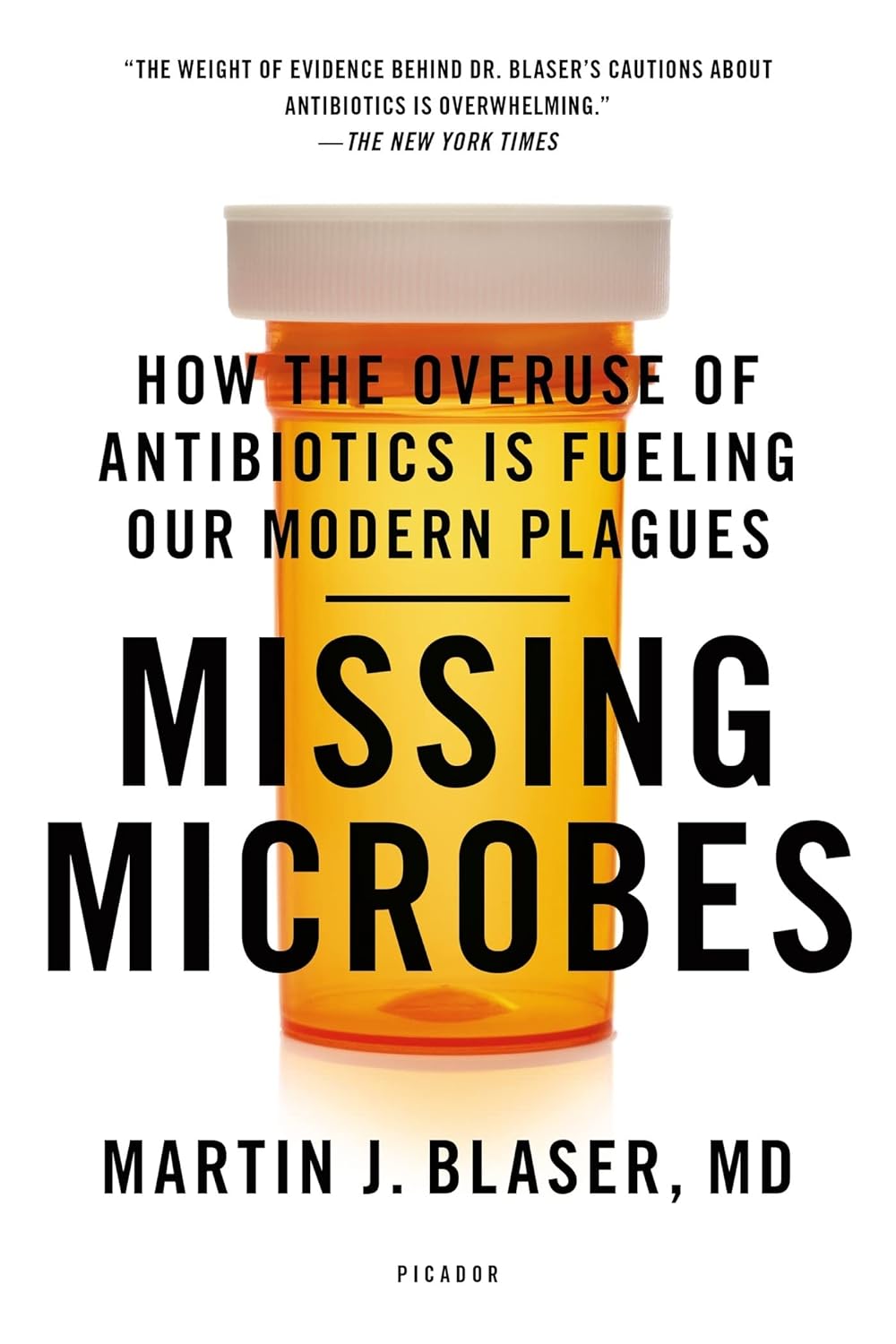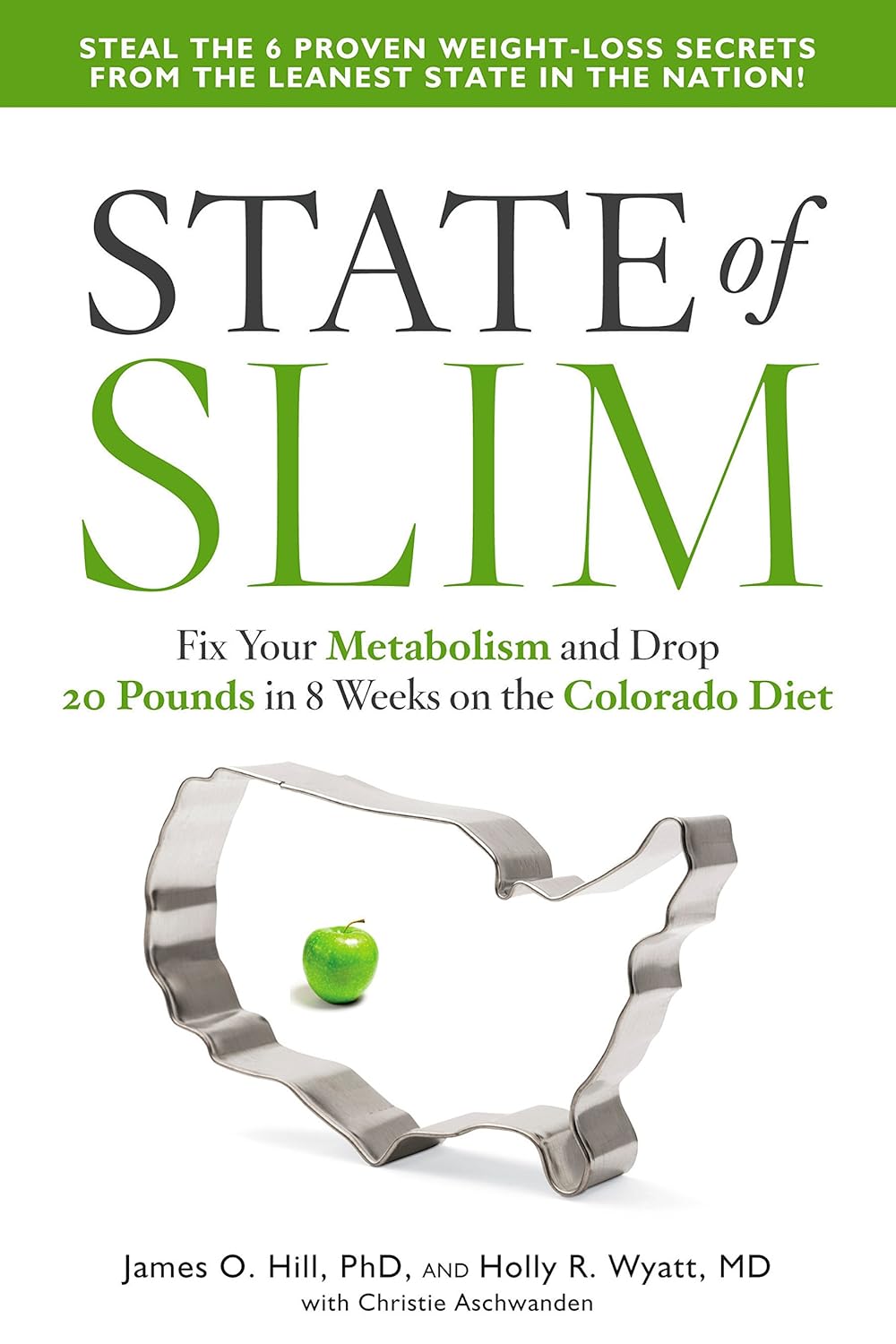
Managing Jealousy
10almonds is reader-supported. We may, at no cost to you, receive a portion of sales if you purchase a product through a link in this article.
Jealousy is often thought of as a young people’s affliction, but it can affect us at any age—whether we are the one being jealous, or perhaps a partner.
And, the “green-eyed monster” can really ruin a lot of things; relationships, friendships, general happiness, physical health even (per stress and anxiety and bad sleep), and more.
The thing is, jealousy looks like one thing, but is actually mostly another.
Jealousy is a Scooby-Doo villain
That is to say: we can unmask it and see what much less threatening thing is underneath. Which is usually nothing more nor less than: insecurities
- Insecurity about losing one’s partner
- Insecurity about not being good enough
- Insecurity about looking bad socially
…etc. The latter, by the way, is usually the case when one’s partner is socially considered to be giving cause for jealousy, but the primary concern is not actually relational loss or any kind of infidelity, but rather, looking like one cannot keep one’s partner’s full attention romantically/sexually. This drives a lot of people to act on jealousy for the sake of appearances, in situations where they might otherwise, if they didn’t feel like they’d be adversely judged for it, be considerably more chill.
Thus, while monogamy certainly has its fine merits, there can also be a kind of “toxic monogamy” at hand, where a relationship becomes unhealthy because one partner is just trying to live up to social expectations of keeping the other partner in check.
This, by the way, is something that people in polyamorous and/or open relationships typically handle quite neatly, even if a lot of the following still applies. But today, we’re making the statistically safe assumption of a monogamous relationship, and talking about that!
How to deal with the social aspect
If you sit down with your partner and work out in advance the acceptable parameters of your relationship, you’ll be ahead of most people already. For example…
- What counts as cheating? Is it all and any sex acts with all and any people? If not, where’s the line?
- What about kissing? What about touching other body parts? If there are boundaries that are important to you, talk about them. Nothing is “too obvious” because it’s astonishing how many times it will happen that later someone says (in good faith or not), “but I thought…”
- What about being seen in various states of undress? Or seeing other people in various states of undress?
- Is meaningless flirting between friends ok, and if so, how do we draw the line with regard to what is meaningless? And how are we defining flirting, for that matter? Talk about it and ensure you are both on the same page.
- If a third party is possibly making moves on one of us under the guise of “just being friendly”, where and how do we draw the line between friendliness and romantic/sexual advances? What’s the difference between a lunch date with a friend and a romantic meal out for two, and how can we define the difference in a way that doesn’t rely on subjective “well I didn’t think it was romantic”?
If all this seems like a lot of work, please bear in mind, it’s a lot more fun to cover this cheerfully as a fun couple exercise in advance, than it is to argue about it after the fact!
See also: Boundary-Setting Beyond “No”
How to deal with the more intrinsic insecurities
For example, when jealousy is a sign of a partner fearing not being good enough, not measuring up, or perhaps even losing their partner.
The key here might not shock you: communication
Specifically, reassurance. But critically, the correct reassurance!
A partner who is jealous will often seek the wrong reassurance, for example wanting to read their partner’s messages on their phone, or things like that. And while a natural desire when experiencing jealousy, it’s not actually helpful. Because while incriminating messages could confirm infidelity, it’s impossible to prove a negative, and if nothing incriminating is found, the jealous partner can just go on fearing the worst regardless. After all, their partner could have a burner phone somewhere, or a hidden app for cheating, or something else like that. So, no reassurance can ever be given/gained by such requests (which can also become unpleasantly controlling, which hopefully nobody wants).
A quick note on “if you have nothing to fear, you have nothing to hide”: rhetorically that works, but practically it doesn’t.
Writer’s example: when my late partner and I formalized our relationship, we discussed boundaries, and I expressed “so far as I am concerned, I have no secrets from you, except secrets that are not mine to share. For example, if someone has confided in me and asked that I not share it, I won’t. Aside from that, you have access-all-areas in my life; me being yours has its privileges” and this policy itself would already pre-empt any desire to read my messages.
Now indeed, I had nothing to hide. I am by character devoted to a fault. But my friends may well sometimes have things they don’t want me to share, which made that a necessary boundary to highlight (which my partner, an absolute angel by the way and not prone to unhealthy manifestations of jealousy in any case, understood completely).
So, it is best if the partner of a jealous person can explain the above principles as necessary, and offer the correct reassurance instead. Which could be any number of things, but for example:
- I am yours, and nobody else has a chance
- I fully intend to stay with you for life
- You are the best partner I have ever had
- Being with you makes my life so much better
…etc. Note that none of these are “you don’t have to worry about so-and-so”, or “I am not cheating on you”, etc, because it’s about yours and your partner’s relationship. If they ask for reassurances with regard to other people or activities, by all means state them as appropriate, but try to keep the focus on you two.
And if your partner (or you, if it’s you who’s jealous) can express the insecurity in the format…
“I’m afraid of _____ because _____”
…then the “because” will allow for much more specific reassurance. We all have insecurities, we all have reasons we might fear not being good enough for our partner, or losing their affection, and the best thing we can do is choose to trust our partners at least enough to discuss those fears openly with each other.
See also: Save Time With Better Communication ← this can avoid a lot of time-consuming arguments
What about if the insecurity is based in something demonstrably correct?
By this we mean, something like a prior history of cheating, or other reasons for trust issues. In such a case, the jealous partner may well have a reason for their jealousy that isn’t based on a personal insecurity.
In our previous article about boundaries, we talked about relationships (romantic or otherwise) having a “price of entry”. In this case, you each have a “price of entry”:
- The “price of entry” to being with the person who has previously cheated (or similar), is being able to accept that.
- And for the person who cheated (or similar), very likely their partner will have the “price of entry” of “don’t do that again, and also meanwhile accept in good grace that I might be jittery about it”.
And, if the betrayal of trust was something that happened between the current partners in the current relationship, most likely that was also traumatic for the person whose trust was betrayed. Many people in that situation find that trust can indeed be rebuilt, but slowly, and the pain itself may also need treatment (such as therapy and/or couples therapy specifically).
See also: Relationships: When To Stick It Out & When To Call It Quits ← this covers both sides
And finally, to finish on a happy note:
Only One Kind Of Relationship Promotes Longevity This Much!
Take care!
Don’t Forget…
Did you arrive here from our newsletter? Don’t forget to return to the email to continue learning!
Recommended
Learn to Age Gracefully
Join the 98k+ American women taking control of their health & aging with our 100% free (and fun!) daily emails:
-
The Five Invitations – by Frank Ostaseski
10almonds is reader-supported. We may, at no cost to you, receive a portion of sales if you purchase a product through a link in this article.
This book covers exactly what its subtitle promises, and encourages the reader to truly live life fully, something that Ostaseski believes cannot be done in ignorance of death.
Instead, he argues from his experience of decades working at a hospice, we must be mindful of death not only to appreciate life, but also to make the right decisions in life—which means responding well to what he calls, as per the title of this book, “the five invitations”.
We will not keep them a mystery; they are:
- Don’t wait; do the important things now
- Welcome everything; push away nothing
- Bring your whole self to the experience
- Find a place in the middle of things
- Cultivate a “don’t know” mind
Note, for example, that “do the important things now” requires knowing what is important. For example, ensuring a loved one knows how you feel about them, might be more important than scratching some item off a bucket list. And “push away nothing” does mean bad things too; rather, of course try to make life better rather than worse, but accept the lessons and learnings of the bad too, and see the beauty that can be found in contrast to it. Enjoying the fullness of life without getting lost in it; carrying consciousness through the highs and lows. And yes, approaching the unknown (which means not only death, but also the large majority of life) with open-minded curiosity and wonder.
The style of the book is narrative and personal, without feeling like a collection of anecdotes, but rather, taking the reader on a journey, prompting reflection and introspection along the way.
Bottom line: if you’d like to minimize the regrets you have in life, this book is a fine choice.
Click here to check out The Five Invitations, and answer with a “yes” to the call of life!
Share This Post
-
Putting a Halt to Feeling Lost, Anxious, Stressed & Unhappy
10almonds is reader-supported. We may, at no cost to you, receive a portion of sales if you purchase a product through a link in this article.
Starting From the Middle
Today’s video (below) dives straight into the heart of the issue, examining the victim mindset, with Dr. Gabor Maté immediately, and quite vulnerably, sharing his personal experiences conquering feelings of despair and anxiety.
As one of the comments on the video says, Dr. Maté is a “person who teaches about something because they experience it themselves”. And it shows through his approach.
With raw honesty, Dr. Maté empathizes with those grappling with inner turmoil, offering hope by emphasizing the power of healing in the present moment.
What is His Method?
Explained simply, Dr. Maté urges individuals to seek trauma-informed care and therapies that address underlying wounds; he emphasizes the pitfalls of relying solely on medication, and instead highlights the idea that triggers can be seen as opportunities for self-reflection and growth. He urges individuals to approach their triggers with compassionate curiosity rather than self-judgment.
In short, Dr Maté’s empathetic approach immediately calms the viewer, whilst providing knowledge crucial to self-improvement.
Let this video act as a reminder that we should take our mental health as seriously as our general health.
How was the video? If you’ve discovered any great videos yourself that you’d like to share with fellow 10almonds readers, then please do email them to us!
Share This Post
-
Missing Microbes – by Dr. Martin Blaser
10almonds is reader-supported. We may, at no cost to you, receive a portion of sales if you purchase a product through a link in this article.
You probably know that antibiotic resistance is a problem, but you might not realize just what a many-headed beast antibiotic overuse is.
From growing antibiotic superbugs, to killing the friendly bacteria that normally keep pathogens down to harmless numbers (resulting in death of the host, as the pathogens multiply unopposed), to multiple levels of dangers in antibiotic overuse in the farming of animals, this book is scary enough that you might want to save it for Halloween.
But, Dr. Blaser does not argue against antibiotic use when it’s necessary; many people are alive because of antibiotics—he himself recovered from typhoid because of such.
The style of the book is narrative, but information-dense. It does not succumb to undue sensationalization, but it’s also far from being a dry textbook.
Bottom line: if you’d like to understand the real problems caused by antibiotics, and how we can combat that beyond merely “try not to take them unnecessarily”, this book is very worthy reading.
Click here to check out Missing Microbes, and learn more about yours!
Share This Post
Related Posts
-
State of Slim – by Dr. James Hill & Dr. Holly Wyatt
10almonds is reader-supported. We may, at no cost to you, receive a portion of sales if you purchase a product through a link in this article.
The premise of this book is “people in Colorado are on average the slimmest in the US”, and sets about establishing why, and then doing what Coloradans are doing. As per the subtitle (drop 20 pounds in 8 weeks), this is a weight loss book and does assume that you want to lose weight—specifically, to lose fat. So if that’s not your goal, you can skip this one already.
The authors explain, as many diet and not-diet-but-diet-adjacent book authors do, that this is not a diet—and then do refer to it as the Colorado Diet throughout. So… Is it a diet?
The answer is a clear “yes, but”—and the caveat is “yes, but also some associated lifestyle practices”.
The diet component is basically a very low-carb diet to start with (with the day’s ration of carbs being a small amount of oats and whatever you can get from some non-starchy vegetables such as greens, tomatoes, etc), and then reintroducing more carbohydrate centric foods one by one, stopping after whole grains. If you are vegan or vegetarian, you can also skip this one already, because this advises eating six animal protein centric meals per day.
The non-diet components are very general healthy-living advices mixed in with popular “diet culture” advices, such as practice mindful eating, don’t eat after 8pm, exercise more, use small plates, enjoy yourself, pre-portion your snacks, don’t drink your calories, get 8 hours sleep, weigh all your food, etc.
Bottom line: this is a very mixed bag, even to the point of being a little chaotic. It gives sometimes contradictory advice, and/but this results in a very “something for everyone” cafeteria approach to dieting. The best recommendation we can give for this book is “it has very many ideas for you to try and see if they work for you”.
Don’t Forget…
Did you arrive here from our newsletter? Don’t forget to return to the email to continue learning!
Learn to Age Gracefully
Join the 98k+ American women taking control of their health & aging with our 100% free (and fun!) daily emails:
-
The Sugar Alcohol That Reduces BMI!
10almonds is reader-supported. We may, at no cost to you, receive a portion of sales if you purchase a product through a link in this article.
Inositol Does-It-Ol’!
First things first, a quick clarification up-front:
Myo-inositol or D-chiro-inositol?
We’re going to be talking about inositol today, which comes in numerous forms, but most importantly:
- Myo-inositol (myo-Ins)
- D-chiro-inositol (D-chiro-Ins)
These are both inositol, (a sugar alcohol!) and for our purposes today, the most relevant form is myo-inositol.
The studies we’ll look at today are either:
- just about myo-inositol, or
- about myo-inositol in the presence of d-chiro-inositol at a 40:1 ratio.
You have both in your body naturally; wherever supplementation is mentioned, it means supplementing with either:
- extra myo-inositol (because that’s the one the body more often needs more of), or
- both, at the 40:1 ratio that we mentioned above (because that’s one way to help balance an imbalanced ratio)
With that in mind…
Inositol against diabetes?
Inositol is known to:
- decrease insulin resistance
- increase insulin sensitivity
- have an important role in cell signaling
- have an important role in metabolism
The first two things there both mean that inositol is good against diabetes. It’s not “take this and you’re cured”, but:
- if you’re pre-diabetic it may help you avoid type 2 diabetes
- if you are diabetic (either type) it can help in the management of your diabetes.
It does this by allowing your body to make better use of insulin (regardless of whether that insulin is from your pancreas or from the pharmacy).
How does it do that? Research is still underway and there’s a lot we don’t know yet, but here’s one way, for example:
❝Evidence showed that inositol phosphates might enhance the browning of white adipocytes and directly improve insulin sensitivity through adipocytes❞
Read: Role of Inositols and Inositol Phosphates in Energy Metabolism
We mentioned its role in metabolism in a bullet-point above, and we didn’t just mean insulin sensitivity! There’s also…
Inositol for thyroid function?
The thyroid is one of the largest endocrine glands in the body, and it controls how quickly the body burns energy, makes proteins, and how sensitive the body should be to other hormones. So, it working correctly or not can have a big impact on everything from your mood to your weight to your energy levels.
How does inositol affect thyroid function?
- Inositol has an important role in thyroid function and dealing with autoimmune diseases.
- Inositol is essential to produce H2O2 (yes, really) required for the synthesis of thyroid hormones.
- Depletion of inositol may lead to the development of some thyroid diseases, such as hypothyroidism.
- Inositol supplementation seems to help in the management of thyroid diseases.
Read: The Role of Inositol in Thyroid Physiology and in Subclinical Hypothyroidism Management
Inositol for PCOS?
A systematic review published in the Journal of Gynecological Endocrinology noted:
- Inositol can restore spontaneous ovarian activity (and consequently fertility) in most patients with PCOS.
- Myo-inositol is a safe and effective treatment to improve:
- ovarian function
- healthy metabolism
- healthy hormonal balance
While very comprehensive (which is why we included it here), that review’s a little old, so…
Check out this cutting edge (Jan 2023) study whose title says it all:
Inositol for fertility?
Just last year, Mendoza et al published that inositol supplementation, together with antioxidants, vitamins, and minerals, could be an optimal strategy to improve female fertility.
This built from Gambiole and Forte’s work, which laid out how inositol is a safe compound for many issues related to fertility and pregnancy. In particular, several clinical trials demonstrated that:
- inositol can have therapeutic effects in infertile women
- inositol can also be useful as a preventive treatment during pregnancy
- inositol could prevent the onset of neural tube defects
- inositol also reduces the occurrence of gestational diabetes
Due to the safety and efficiency of inositol, it can take the place of many drugs that are contraindicated in pregnancy. Basically: take this, and you’ll need fewer other drugs. Always a win!
Read: Myo-Inositol as a Key Supporter of Fertility and Physiological Gestation
Inositol For Weight Loss
We promised you “this alcohol sugar can reduce your BMI”, and we weren’t making it up!
Zarezadeh et al conducited a very extensive systematic review, and found:
- Oral inositol supplementation has positive effect on BMI reduction.
- Inositol in the form of myo-inositol had the strongest effect on BMI reduction.
- Participants with PCOS and/or who were overweight, experienced the most significant improvement of all.
Want some inositol?
As ever, we don’t sell it (or anything else), but for your convenience, here’s myo-inositol and d-chiro-inositol at a 40:1 ratio, available on Amazon!
Don’t Forget…
Did you arrive here from our newsletter? Don’t forget to return to the email to continue learning!
Learn to Age Gracefully
Join the 98k+ American women taking control of their health & aging with our 100% free (and fun!) daily emails:
-
Osteoarthritis Of The Knee
10almonds is reader-supported. We may, at no cost to you, receive a portion of sales if you purchase a product through a link in this article.
It’s Q&A Day at 10almonds!
Have a question or a request? We love to hear from you!
In cases where we’ve already covered something, we might link to what we wrote before, but will always be happy to revisit any of our topics again in the future too—there’s always more to say!
As ever: if the question/request can be answered briefly, we’ll do it here in our Q&A Thursday edition. If not, we’ll make a main feature of it shortly afterwards!
So, no question/request too big or small
❝Very informative thank you. And made me think. I am a 72 yr old whitewoman, have never used ( or even been offered) HRT since menopause ~15 yrs ago. Now I’m wondering if it would have delayed the onset of osteoarthritis ( knee) and give me more energy in general. And is it wise to start taking hrt after being without those hormones for so long?❞
(this was in response to our article about menopausal HRT)
Thanks for writing! To answer your first question, obviously we can never know for sure now, but it certainly is possible, per for example a large-ish (n=1003) study of women aged 45–64, in which:
- Those with HRT were significantly less likely to have knee arthritis than those without
- However, to enjoy this benefit depended on continued use (those who used it for a bit and then stopped did not enjoy the same results)
- While it made a big difference to knee arthritis, it made only a small (but still beneficial) difference to wrist/hand arthritis.
We could hypothesize that this is because the mechanism of action is more about strengthening the bones (proofing against osteoporosis is one of the main reasons many people take HRT) and cartilage than it is against inflammation directly.
Since the knee is load-bearing and the hand/wrist joints usually are not, this would mean the HRT strengthening the bones makes a big difference to the “wear and tear” aspect of potential osteoarthritis of the knee, but not the same level of benefit for the hand/wrist, which is less about wear and tear and more about inflammatory factors. But that latter, about it being load-bearing, is just this writer’s hypothesis as to why the big difference.
The researchers do mention:
❝In OA the mechanisms by which HRT might act are highly speculative, but could entail changes in cartilage repair or bone turnover, perhaps with cytokines such as interleukin 6, for example.❞
What is clear though, is that it does indeed appear to have a protective effect against osteoarthritis of the knee.
With regard to the timing, the researchers do note:
❝Why as little as three years of HRT should have a demonstrable effect is unclear. Given the difficulty in ascertaining when the disease starts, it is hard to be sure of the importance of the timing of HRT, and whether early or subclinical disease was present.
These results taken together suggest that HRT has a metabolic action that is only effective if given continuously, perhaps by preventing disease initiation; once HRT is stopped there might be a ‘rebound’ effect, explaining the rapid return to normal risk❞
~ Ibid.
You can read the study here:
On whether it is worth it now…
Again, do speak with an endocrinologist because your situation may vary, but:
- hormones are simply messengers, and your body categorically will respond to those messages regardless of age, or time elapsed without having received such a message. Whether it will repair all damage done is another matter entirely, but it would take a biological miracle for it to have no effect at all.
- anecdotally, many women do enjoy life-changing benefits upon starting HRT at your age and older!
(We don’t like to rely on “anecdotally”, but we couldn’t find studies isolating according to “length of time since menopause”—we’ll keep an eye out and if we find something in the future, we’ll mention it!)
Meanwhile, take care!
Don’t Forget…
Did you arrive here from our newsletter? Don’t forget to return to the email to continue learning!
Learn to Age Gracefully
Join the 98k+ American women taking control of their health & aging with our 100% free (and fun!) daily emails:







